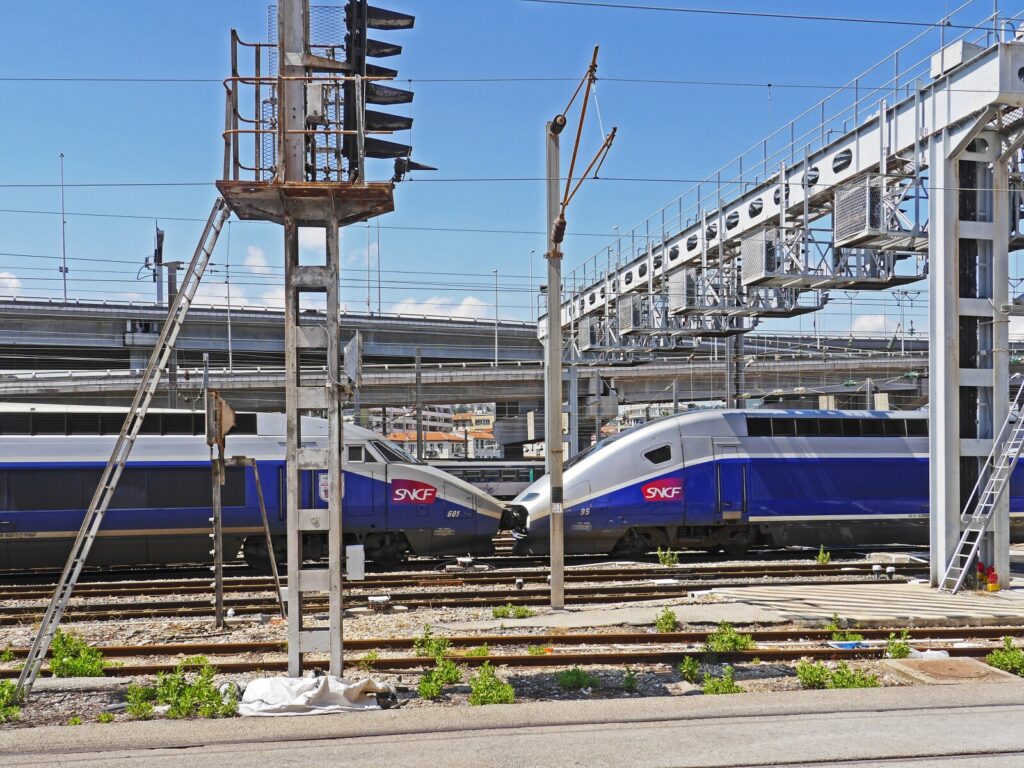The Rail Delivery Group (RDG) and the RMT, the largest rail union, have been embroiled in a pay and working conditions dispute for months. The RMT’s national executive committee has rejected the RDG’s most recent offer, prompting the RDG to warn that if the offer is not put to a vote, negotiations may come to an end.
The RDG, which represents train companies, has proposed a 5% pay increase for 2022/23 and a 4% pay increase for 2023/4 in exchange for changes to working procedures. This offer was deemed unacceptable by the RMT, who are demanding an unconditional pay offer and agreement on job security, with no changes to members’ terms, conditions, and working practises that are detrimental.
Andrew Haines, the CEO of Network Rail, has expressed his frustration with the situation, stating, “We must take stock because we’ve agreed three times in a row… What we believed to be a tentative agreement with the negotiators was rejected three times by the RMT executive committee.”
Nevertheless, despite the impasse between the RDG and RMT, there is still hope for a resolution. Aslef is holding meetings with the RDG in an effort to restart negotiations from scratch. Aslef has no more planned strikes, but has warned that further action is possible if no resolution is reached.
The current dispute will likely result in another train strike on Thursday, March 16, with severely reduced service expected. It remains to be seen whether the Rail Delivery Group and the RMT will engage in further negotiations, or whether commuters will continue to experience disruptions until an agreement is reached.

















